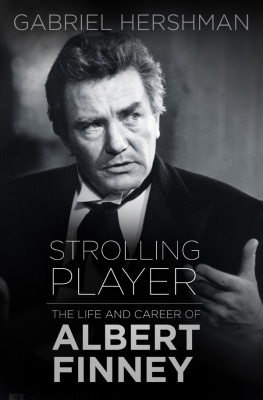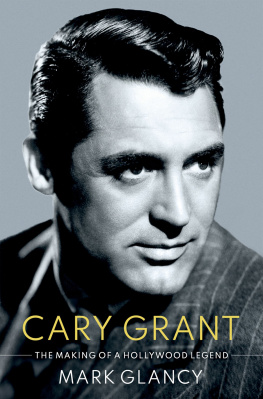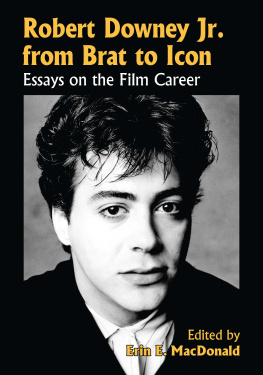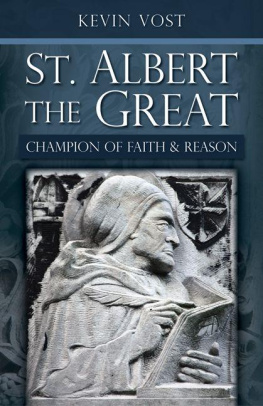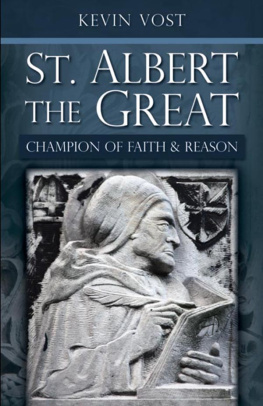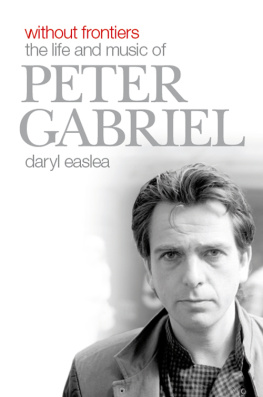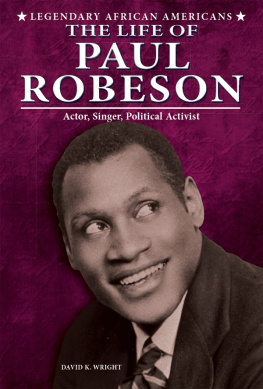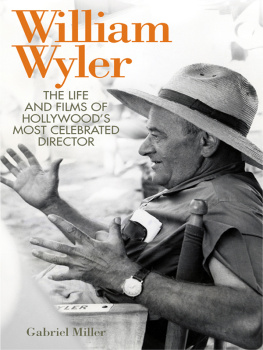For my late father
Nathan Hershman
First published in 2017
The History Press
The Mill, Brimscombe Port
Stroud, Gloucestershire, GL5 2QG
www.thehistorypress.co.uk
This ebook edition first published in 2017
All rights reserved
Gabriel Hershman, 2017
The right of Gabriel Hershman to be identified as the Author of this work has been asserted in accordance with the Copyright, Designs and Patents Act 1988.
This ebook is copyright material and must not be copied, reproduced, transferred, distributed, leased, licensed or publicly performed or used in any way except as specifically permitted in writing by the publishers, as allowed under the terms and conditions under which it was purchased or as strictly permitted by applicable copyright law. Any unauthorised distribution or use of this text may be a direct infringement of the authors and publishers rights, and those responsible may be liable in law accordingly.
EPUB 978 0 7509 8187 3
Original typesetting by The History Press
eBook converted by Geethik Technologies
CONTENTS
ACKNOWLEDGEMENTS
Is the Albert Hall named after Albert Finney? asked my young son, David, one day as I showed him a pop-up book of Londons attractions. Such a question, which came during a period of intensive foraging for Finney films and features, reminds an author that writing a book can be an isolating, even obsessional, undertaking. So its as well to salute ones family for their patience and understanding. Thanks for your Finneybearance.
Albert Finney has always been publicity shy. When another biographer approached him in 1992, Finney replied that his past had a hard top on it and that he had no wish to drill it up to go over it all again. I was therefore not surprised when Finneys lawyer, Nigel Bennett, informed me that his clients attitude had not changed. Indeed, Finney has apparently resisted many offers to co-operate on an authorised biography or write an autobiography.
Perhaps, I hope, Finney would have co-operated if he had known that my primary purpose was to pay him tribute. Those like me, who were fortunate enough to have seen his outstanding stage performances in The Biko Inquest, Orphans, Another Time and Art, will never forget them. (And this, naturally, excludes Finneys triumphs in productions that predate me considerably.) These were also important theatrical events that demand to be commemorated, likewise his great screen work spanning more than five decades.
I am therefore particularly grateful to the following individuals for their assistance: Karen Allen, Peter Allis, Michael Attenborough, Graham Benson, Jon Blair, Nan Cibula-Jenkins, Jeannine Dominy, Mike Figgis, Julia Goodman, Bernard Hepton, Agnieszka Holland, Lyle Kessler, Suri Krishnamma, Annabel Leventon, Maureen Lipman, Peter Medak, Priscilla Morgan, John Quested, Kevin Rigdon, Ellen Ross, Robert Sallin, Carolyn Seymour, Jill Townsend and Amanda Waring as well as certain other people who preferred to remain anonymous.
I have also quoted from various newspaper articles and books that are cited in the text.
And, to answer your question, young David of course it is!
INTRODUCTION
In the early sixties, Finney was the original angry young man, mentioned in dispatches alongside actors Richard Harris and Peter OToole and playwright John Osborne.
It all began with Arthur Seaton. His bitter, brawling, boozy factory worker from Saturday Night and Sunday Morning was seen as the anti-hero of the new wave. So convincing was Finney as Arthur, with his beefy build and scowling good looks, that he could have carved out a lucrative career playing rebels. Yet he baulked at the association, resented pigeonholing and trod his own path.
By the nineties, Finney was playing, in quick succession, and equally convincingly, an ineffectual schoolteacher and a repressed gay virgin. The transformations came easily to a performer more deserving of the label natural-born actor than most. Yet they also reveal how Finney perceives his craft. He was always a character man, a versatile dramatic actor who considered the stage his real home. Hence he rejected a golden handcuffs movie contract that would have tied him down.
Finney didnt want to be a conventional movie star or a symbol of any kind. His role in Tom Jones bored him, he later said. But the film made him a dollar millionaire at 27 and gave him freedom to choose challenging roles. Life is more important than art, hed say, hence long sabbaticals, enabling self-appraisal and, yes, a bloody good time. He never felt guilty about having fun.
Yet Finney always worked hard when the mood took him, undertaking gruelling titanic parts at the National Theatre in the seventies Hamlet, Tamburlaine and Macbeth to sometimes grudging reviews. Some felt that classical verse was not his forte. Finney, however, brought a dynamism and masculine authority to these roles. He even played Shakespeare with a northern accent. In so doing, he paved the way for other regional actors to go to drama school and stand tall.
Finney could have succeeded Olivier as director of the National. Yet he wanted to be a strolling player. Hence he also spurned the popcorn-type movies, ones that would have given him even fatter pay cheques, for gritty character roles.
In the eighties, he gave several outstanding performances in Under the Volcano, Millers Crossing and, especially, The Dresser. And Lyle Kesslers Orphans gave Finney his greatest stage performance indeed one of the finest seen in the West End in recent years.
Finney received four Oscar nominations for leading actor in films: Tom Jones, Murder on the Orient Express, The Dresser and Under the Volcano. Capping these successes was a wonderful turn as a careworn, cynical lawyer opposite Julia Roberts in Erin Brockovich and another Oscar nomination for best supporting actor. Yet Finney never cared much for awards. He has also declined a CBE and a knighthood, something that has endeared him to fans even more.
Finney, rather like Daniel Feeld in Karaoke screaming no biography! on his deathbed, might not have wanted this book written. Yet Finneys story is a salutary lesson for todays stars in how to keep balanced amid insane temptations. He has proved that its possible to control your own destiny, preserve your integrity, resist typecasting and have a good time without veering into self-destruction. Hes also a role model in terms of his behaviour on and off the set and his healthy disregard for others opinions: You should never believe what people say about you good, bad or indifferent.
Finney might not have made it, as once seemed likely, into the list of Britains most bankable stars. But he has created a gallery of unforgettable eccentrics: the psychotic writer in Shoot the Moon, the desperate drunk of Under the Volcano, the demented policeman of The Playboys, the bumptious tyrant of A Rather English Marriage, the likeable lush of My Uncle Silas and crowning it all his endearingly human portrayal of Churchill.
In writing Finneys biography, I was determined to analyse all his major performances. This, it seems to me, is a serious omission from other actors biographies. They seldom address

